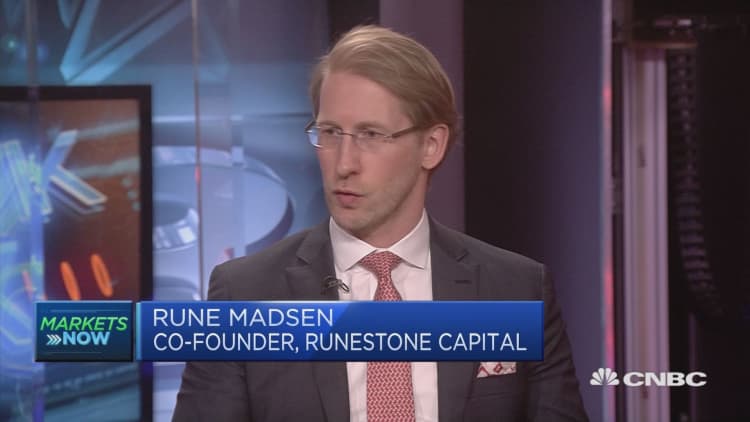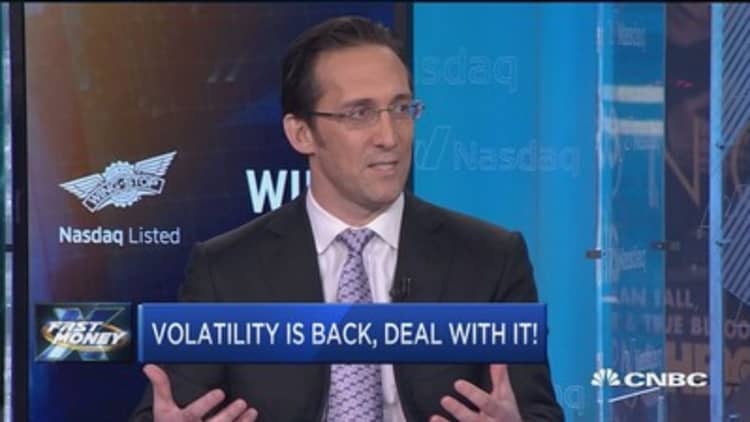Market volatility has been low, meaning that stock prices have been stable for a long time.
Some investors have interpreted this as a sign of current market risk and that there could be a sudden correction in stock markets, meaning many people could be about to lose vast sums of money.
Why is volatility low?
"I believe low volatility to be the result of years of monumental liquidity injections by major central banks and their reflexive effect on investors' behavior and the buy-the-dip mentality, expecting central banks to hold their back," Francesco Filia, chief executive officer of Fasanara Capital, told CNBC via email.

In the aftermath of the 2008 financial crisis, central banks began buying large amounts of sovereign bonds to ensure there will be liquidity in the markets, despite the collapse of some banks and high levels of individual and corporate debt.
However, their loose monetary policy has lasted for about a decade, meaning that investors have become used to central banks protecting the financial system. As a result, they feel safer in taking added risk.
Why is low volatility a problem?
"Low volatility may eventually prove to be a trap for markets, when the tide turns, suddenly revealing the pressure cooker it led investors into," Filia said.
"Low volatility sows the seeds of its own demise, as it leads to complacency, excess risk-taking, excess leverage and a vast correlation across investment strategies: in the words of Hyman Minsky, stability is destabilizing."
Daniel Lacalle, chief economist at Tressis, told CNBC Wednesday that "even the mildest change on volatility as seen this week can cause abrupt moves in markets."
The VIX, which shows the market's expectation of 30-day volatility, hit a five-month high Tuesday while U.S. stocks saw back-to-back declines — which have been uncommon lately. At the same time, bond markets have seen yields rising close to the 3 percent level, adding to concerns of a potential market correction.
But some investors prefer looking at several factors...
"Personally, I would probably look at a combination of extended valuation levels and much talk that markets can only go up from here, while the economic outlook is increasingly uncertain or overheating," Lothar Mentel, chief executive officer at Tatton Investment Management, told CNBC via email.
He explained that he has extended valuations in the U.S., but there is much talk that U.S. stocks are about to fall while the economic outlook is currently pretty stable. "The worst we can see on the horizon is a slowing in the growth of growth itself, rather than growth turning negative," he said.
"So I am afraid low equity volatility is always a concern, but by no means 'the canary in the coal mine' on its own."



